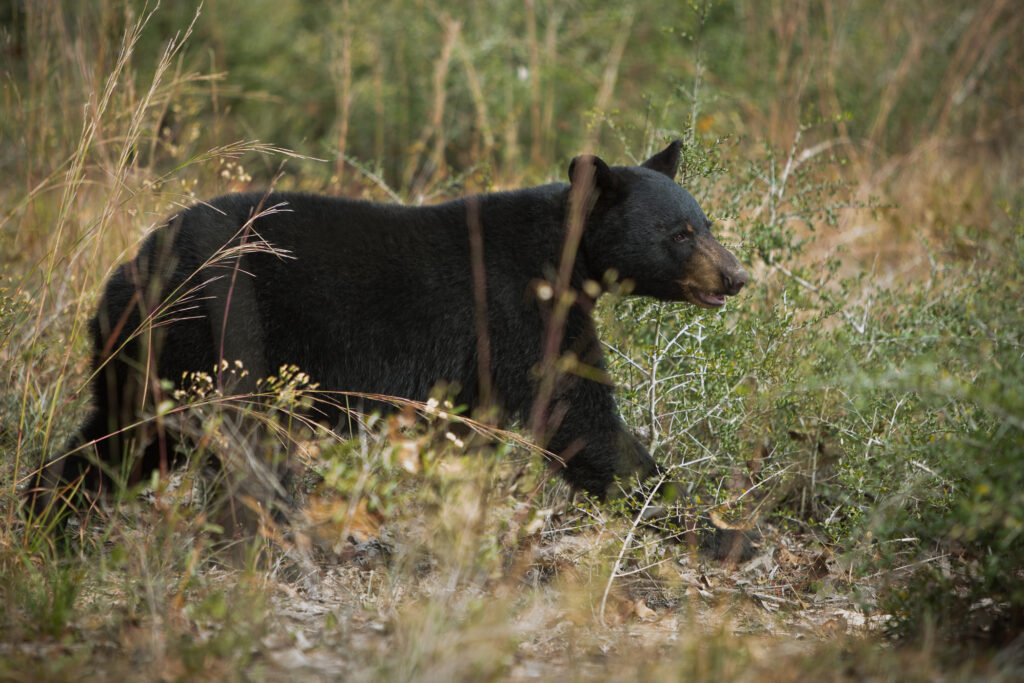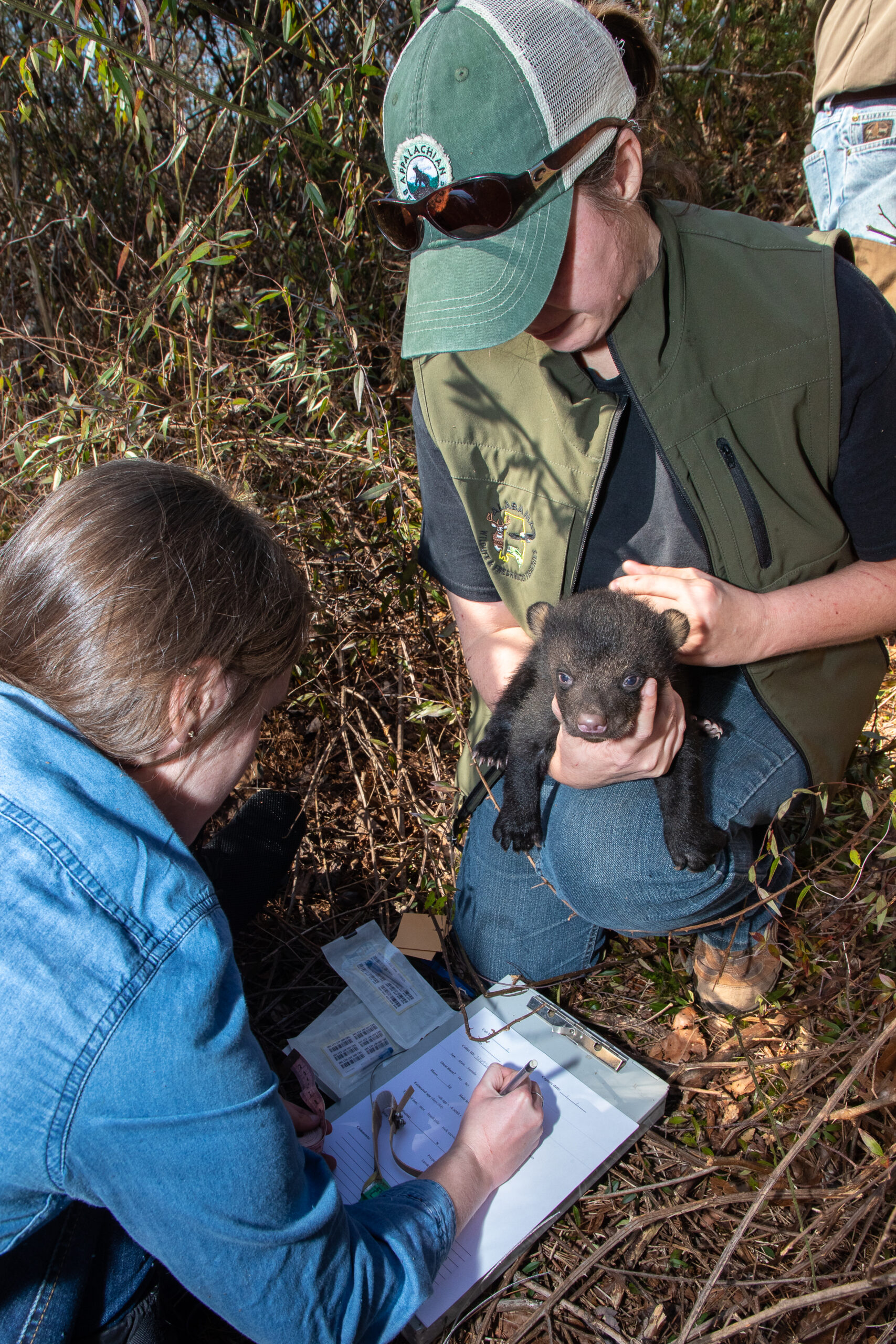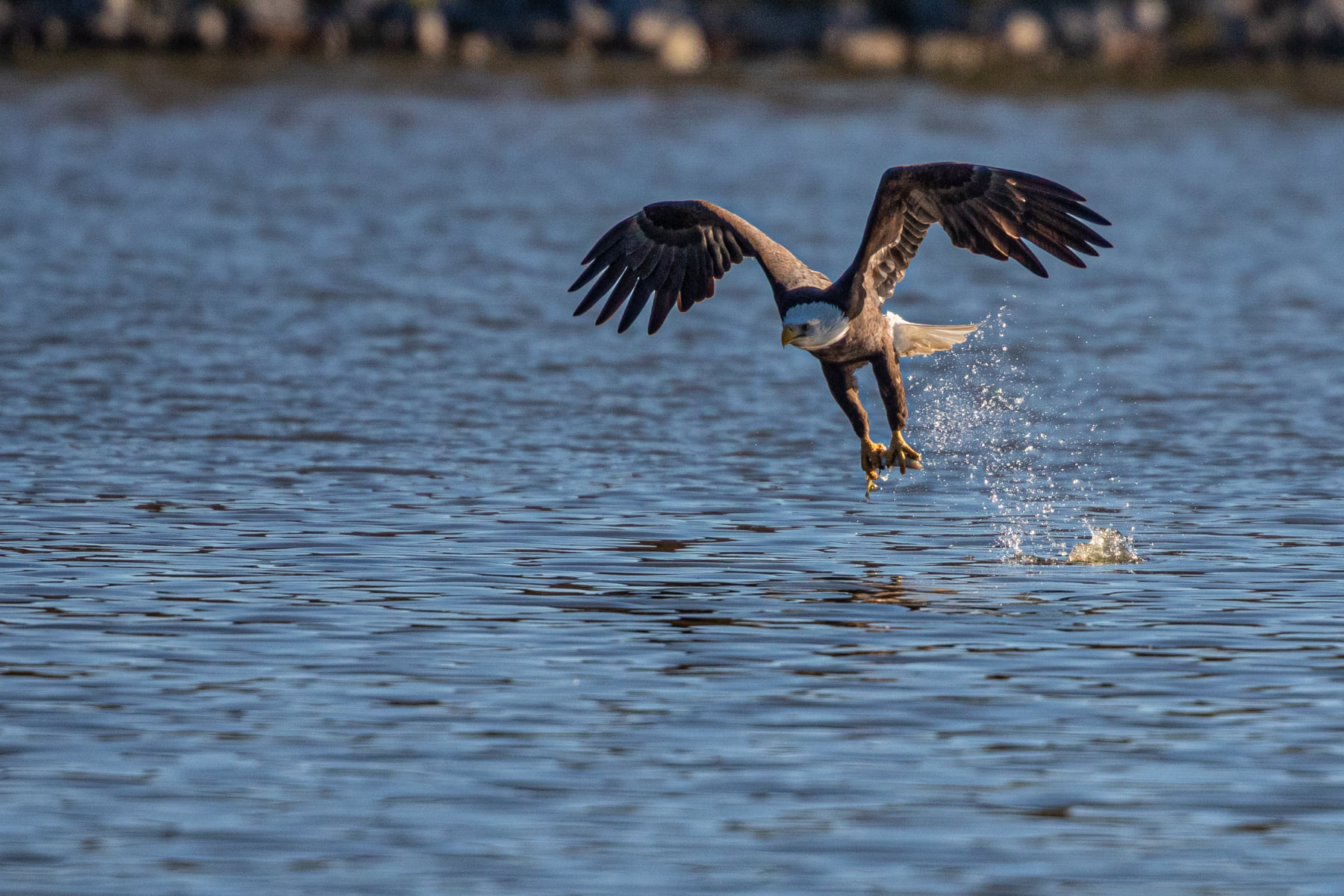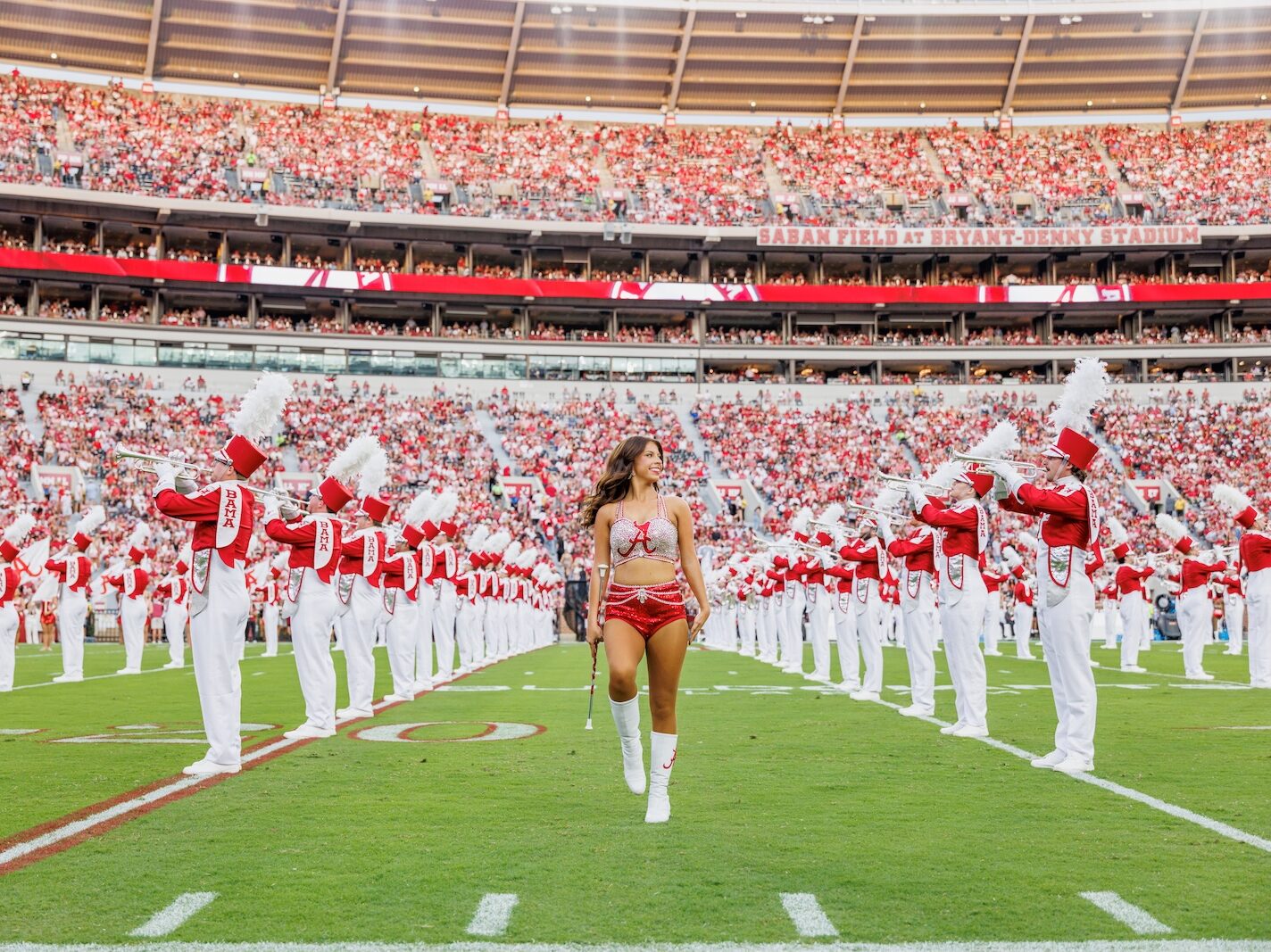How to Support Conservation if You Don’t Hunt or Fish
If you don’t hunt or fish but love watching wildlife and spending time outdoors, why would you ever consider purchasing a hunting or fishing license?
That is a question anyone who enjoys outdoor recreation has likely asked themselves at one time or another. The answer to that question is both simple and somewhat complex. The why part of the answer is simple. The how part of the answer is more complex.

(Billy Pope/Contributed)
The answer to the why part of that question is hunting and fishing pay for wildlife conservation and fisheries management in the U.S. If you’ve ever enjoyed the experience of seeing a white-tail deer on a hike, an Eastern wild turkey while driving through the country, or been lucky enough to see a black bear in Alabama, you’ve benefited from the North America Model of Conservation.
There are more moving parts to the how part of the answer. Funds from hunting and fishing license sales are matched on a nearly three-to-one basis through the federal Pittman-Robertson Wildlife Restoration and Sport Fish Restoration acts that collect excise taxes on select hunting and fishing equipment. Those funds are distributed to the states according to the number of licenses sold and land mass for each state.
Who is required to purchase a hunting or fishing license in Alabama? If you are between the ages of 16 and 64 and hunt or fish on public land or in a public waterway you must have a valid license. Those ages 15 and under or 65 and older are not required to have a license. Landowners and their immediate family are also exempt from license requirements, but additional license privileges may apply. Annually, only about 2.9 percent of Alabamians purchase a hunting and/or fishing license.
In 2022, the National Survey of Fishing, Hunting, and Wildlife-Associated Recreation showed that nearly half of all Americans (148 million residents) participated in wildlife watching. In contrast to wildlife watching, only about 15 percent of Americans fished and only 6 percent hunted that year. To put it simply, a minority of Americans who hunt and fish fund the wildlife conservation and fisheries management efforts that benefit anyone who enjoys seeing wildlife on the landscape. That goes for Alabama, too.

(Billy Pope/Contributed)
White-tailed deer, Eastern wild turkey, and the American alligator were a rare sight in Alabama in the early 1900s. However, thanks to an extensive conservation effort funded by hunters and anglers and spearheaded by the Alabama Department of Conservation and Natural Resources (ADCNR) those animals are once again found throughout the state. Funds generated through the sale of hunting licenses support nongame species as well including bald eagle, gopher tortoise, Eastern indigo snake, black bear, and many more.
In addition to wildlife conservation, you might be surprised that hunting and fishing also help fund access to other forms of outdoor recreation like boating, kayaking and canoeing via public boat ramps throughout the state; target shooting at public shooting ranges on select wildlife management areas, and archery at state-owned public archery parks. Some ADCNR wildlife management areas and state public fishing lakes are also stops on the Alabama Birding Trail.
If you don’t hunt or fish but love the outdoors and want to be a part of Alabama’s conservation efforts, you can purchase a state Wildlife Heritage license. For about $13 annually or $275 for a lifetime license, you’ll be helping manage public lands and sustain habitats for the many wildlife species in Alabama.
Wildlife Heritage license holders also enjoy other benefits including:
- Hunt all small game, except waterfowl, on any of Alabama’s wildlife management areas, waterfowl refuges and community hunting areas
- Shoot on any of ADCNR’s public shooting ranges or archery parks
- Fish at any state-owned public fishing lakes (daily permit still required)
- Freshwater fish with a hook and line from the bank in public waters in all 67 counties
It’s an affordable investment that helps Alabama’s wildlife and benefits all Alabamians through clean water, land conservation, habitat management and abundant wildlife.
For those who would like to go a step further and experience outdoor recreation they might be inexperienced at, ADCNR offers a variety of programs that teach basic hunting and fishing skills including the Adult Mentored Hunting Program; Firearms 101, Go Fish, Alabama!, and Becoming an Outdoors-Woman Workshops. These courses are taught by experienced instructors who encourage participants to learn new outdoors skills that they can use through their lives.
Hunters, anglers, and shooting sports participants have been the leaders in wildlife conservation and habitat restoration for nearly 100 years. If you don’t hunt or fish and would like to help, learn how at www.outdooralabama.com.




